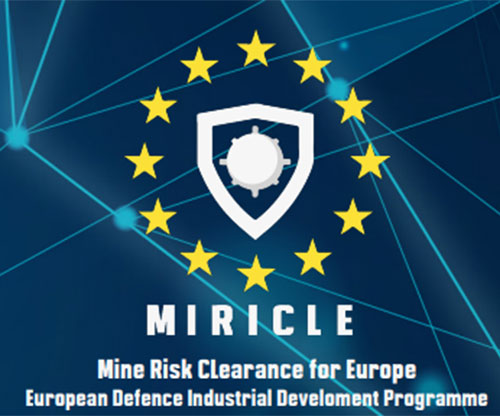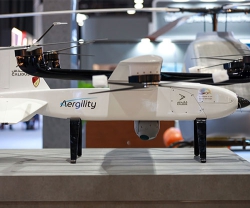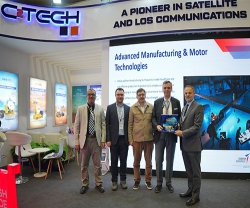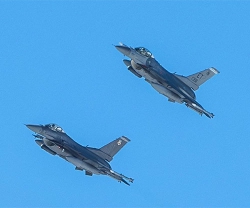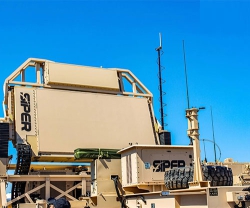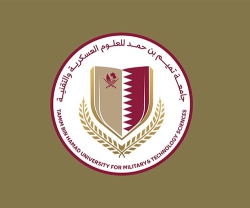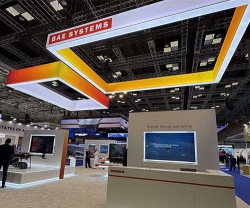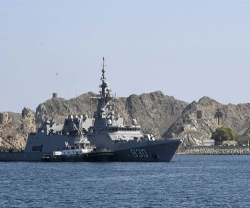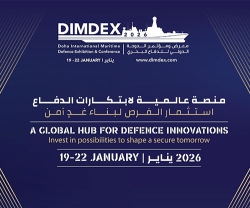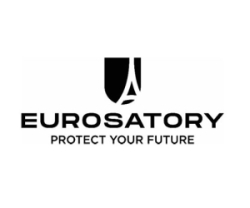As the European Defence Industrial Development Programme’s (EDIDP) MIRICLE project reaches its conclusion, the consortium of 18 partners spanning 10 European countries celebrates a pivotal milestone in the field of mine countermeasures for European maritime defense.
Launched on December 2021, the MIRICLE (MIne RIsk CLearance for Europe) project was a 24-month collaborative endeavor carried out by a European consortium led by Naval Group Belgium and sponsored by both the European Commission and the Ministries of Defence of the participating countries.
As part of the objective to develop a sovereign European capability in future mine countermeasures (MCM), the MIRICLE project aimed at establishing the next-generation MCM platforms and toolbox technologies for enhancing MCM operations’ speed, increasing standoff ranges, resolving operational shortcomings, and fostering greater interoperability.
Through the collaborative efforts of various research and industrial partners with complementary technological skills and innovative approaches, the consortium has been able to achieve major milestones and pioneering innovations, and to propose a vision for the future of maritime defense technology.
The project’s success lays in a meticulous approach that encompassed various stages: studies, design, prototyping and testing. Prototypes and demonstrators were developed for selected technologies, while sea-based testing were conducted to validate specifications for the next-generation MCM vessels and toolbox. The experimentation phase witnessed the successful testing of an XL UUV and a prototyped mine disposal system in Toulon Bay, showcasing the efficiency of coordinated operations.
Furthermore, the project tested multiple systems to detect buried mines, addressing a significant operational shortfall in current MCM techniques. The project's test focusing on interoperability and communication highlighted the feasibility of utilizing systems from various suppliers in a multisystem heterogeneous MCM mission.
The outcomes of the MIRICLE project represent an important step forwards in fortifying maritime defense capacities and ensuring a safer and more efficient future for MCM operations. The unique consortium of European partners has helped to pave the way for the next generation of “Made in Europe” countermeasure solutions, and to support the European naval community.
Upon finalization of this project, a new application has been submitted to the European Commission, to a 2023 call of the European Defense Fund 2023: Future maritime mine countermeasures capability, with a proposal named E=MCM (Extended Mine Counter Measures).
The consortium partners of the MIRICLE project are: Naval Group Belgium (coordinator, Belgium); Naval Group SA (France); EXAIL Robotics SAS (France); EXAIL Robotics Belgium (Belgium); Thales (France); Cafa Tech (Estonia); TNO (The Netherlands); Space Applications Services (Belgium); Elwave SAS (France); Sociedad Anónima de Electrónica, Submarina S.M.E, SAES (Spain); Vlaams Instituut voor de Zee, VLIZ (Belgium); TERRA SPATIUM SA (Greece); Office National d’Etudes et de Recherches Aérospatiales, ONERA (France); DotOcean N.V. (Belgium); Ośrodek Badawczo-Rozwojowy Centrum Techniki Morskiej S.A., CTM (Poland); SISTRADE SOFTWARE CONSULTING SA (Portugal); Belss Ltd (Latvia); Agenţia de Cercetare pentru Tehnică şi Tehnologii Militare -Military Equipment and Technologies Research Agency, METRA (Romania).
This project has received funding from the European Defence Industrial Development Programme (EDIDP) under grant agreement No Project EDIDP-UCCRS-MCM-2020-061-MIRICLE.

